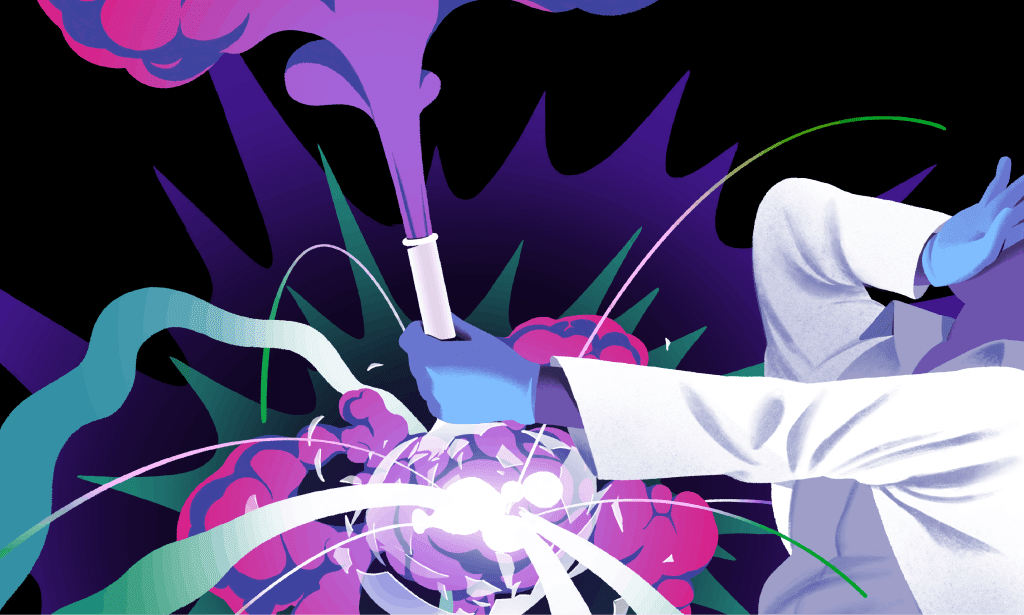Greetings, Nautilus Greetings, and welcome to The Rebel Issue. From now until the end of April, we will share stories that center around the concept of rebellion. In a joyful defiance of the norms of science writing, we have compiled stories about scientific rebels—often overlooked ones— and the subtle ways in which nature itself breaks from the past to create something new. This issue is about rebellion, both as a noun and a verb.
Alas, there are no profiles of Galileo and Darwin, but the essence of their scientific victories over superstitions fills this special issue. And may I take a moment to discuss one of our guiding figures?
American psychologist Frank Sulloway noted that “Darwin was born to rebel,” but not in the typical sense of rebellion. He didn't wear a beret, as far as I know. Speaking of the French, Jean Pierre Flourens, a prominent figure at the French Academy of Sciences, was highly offended by the release of On the Origin of Species in 1859. Flourens' reaction gives us a sense of how Darwin's groundbreaking book unsettled the conservative thinkers of his time.
“What unclear ideas, what false ideas!” Flourens exclaimed. “What metaphysical jargon clumsily used in natural history. What pretentious and meaningless language! What immature and outdated personifications! Oh clarity! Oh French steadfastness of mind, where are you?”
Darwin was a rural gentleman who had a deep sensitivity to nature, unlike many before or after him. Freeman Dyson , a friend or colleague of many of the great minds of 20th-century physics, such as Albert Einstein, Wolfgang Pauli, Robert Oppenheimer, and Richard Feynman, stated that the common trait of scientific visionaries is their rebellion against the constraints imposed by the prevailing culture, whether Western or Eastern.I simply adore what the understated Darwin said about himself. “As far as I can judge, I am not inclined to blindly follow the lead of others.” How lovely, and how appropriate for the scientists you will encounter in this issue.
Bill Hamner, an ornithologist by training, found himself aboard an oceanographic research vessel in the Gulf of California one day in 1969. Hamner observed the biologists capturing ocean creatures in nets to later study their lives in laboratories. “What in the world?” Hamner pondered. This was not an effective way to understand animals, whose lives were shaped by their surroundings. With his face mask secured, Hamner plunged into the water to explore. His rebellious dive forever changed the practice of marine biology.
As I mentioned, The Rebel Issue is not just about people. Nature has no fixed conventions. Evolution through natural selection can be viewed as a continuous rebellion against changing environments. Organisms expressed that this place was no longer suitable, sparking rebellions. Consider the case of
microscopic cyanobacteria . It inadvertently initiated an entirely new atmosphere, one with oxygen.The philosopher and novelist
Albert Camus stated, “I rebel—therefore we exist.” Rebellion is a type of hope, an act of creativity. “Of all the schools of patience and clarity, creation is the most powerful.” Our stories in The Rebel Issue, composed by journalists, scientists, and artists, demonstrate that hope is tangible, and that rebellion truly can change the world. Lead illustration by Angie Wang 
Ways we impact the world.



